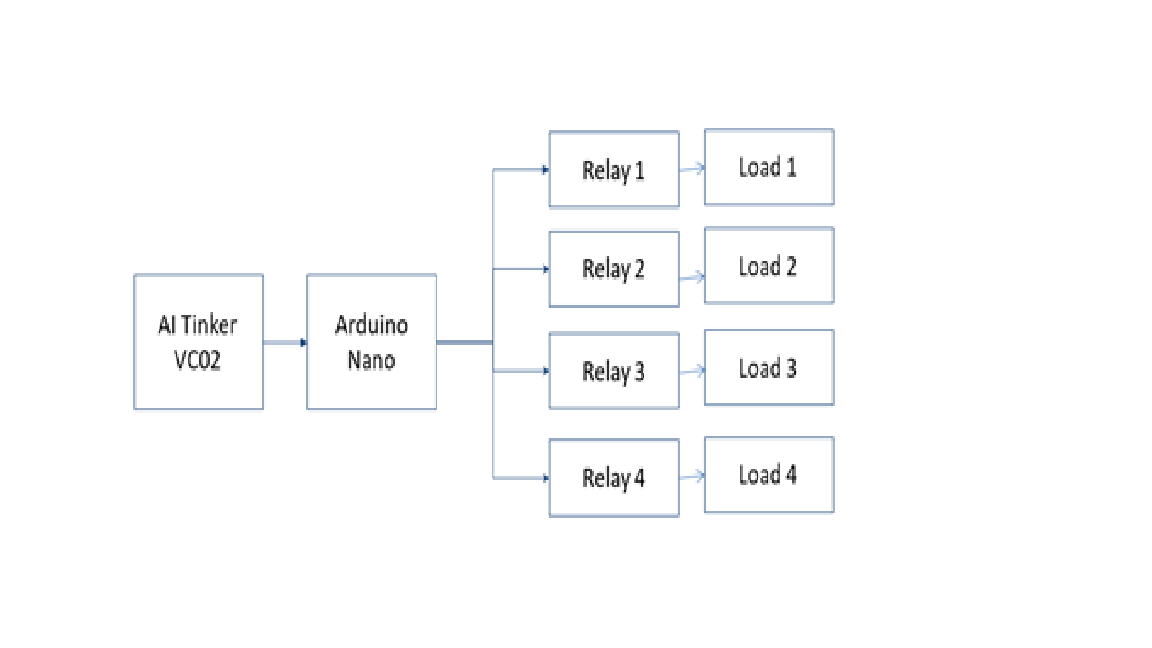IoT Based Voice Recognition in Smart Homes
Main Article Content
Abstract
Because it provides convenience, efficiency, and security, home automation is fast becoming an essential component of contemporary life. Automating routine home chores lowers human labor, improves security, and encourages energy economy. The difficulties and potential of smart home automation are examined in this study, with a focus on the necessity of user-friendly and efficient control systems. Using machine learning and the Internet of Things (IoT), the study suggests a voice recognition-based approach to improve the smart home experience. Voice control offers a flexible and user-friendly method of home automation that increases accessibility for all users. Additionally, this study looks at a number of control techniques, including as speech recognition, Wi-Fi-based automation, Dual-Tone Multi-Frequency (DTMF), and GSM-enabled systems. This study emphasizes the main obstacles to voice-activated smart home automation, including cost, safety, connectivity, and environmental friendliness. In order to maximize smart home interactions and provide enhanced security and user experience, the suggested architecture incorporates Automatic Speech Recognition (ASR). According to the report, intelligent, flexible, and user-responsive smart houses will be commonplace in the future.
